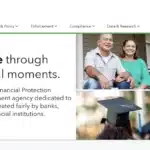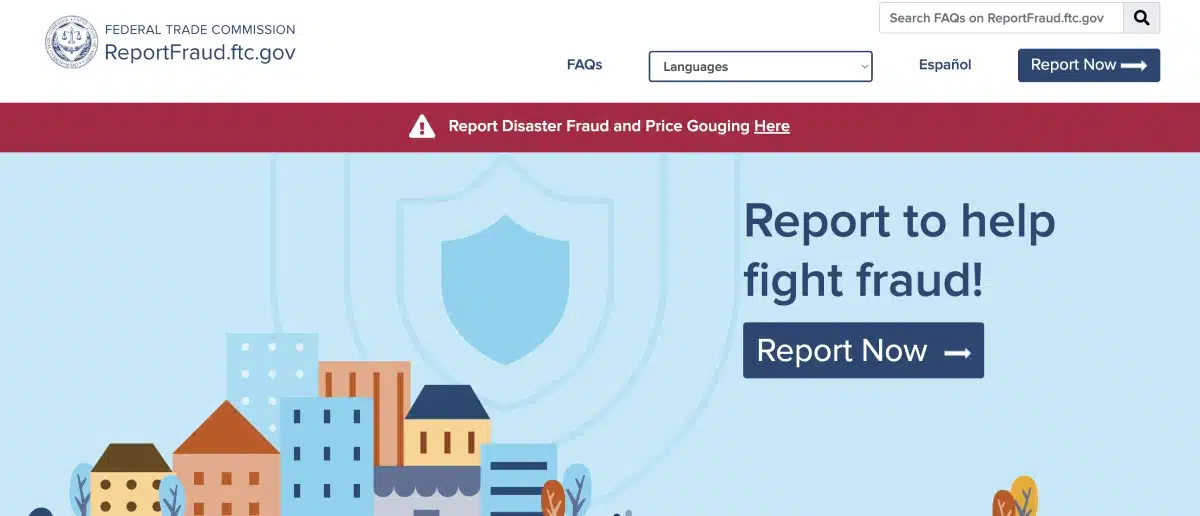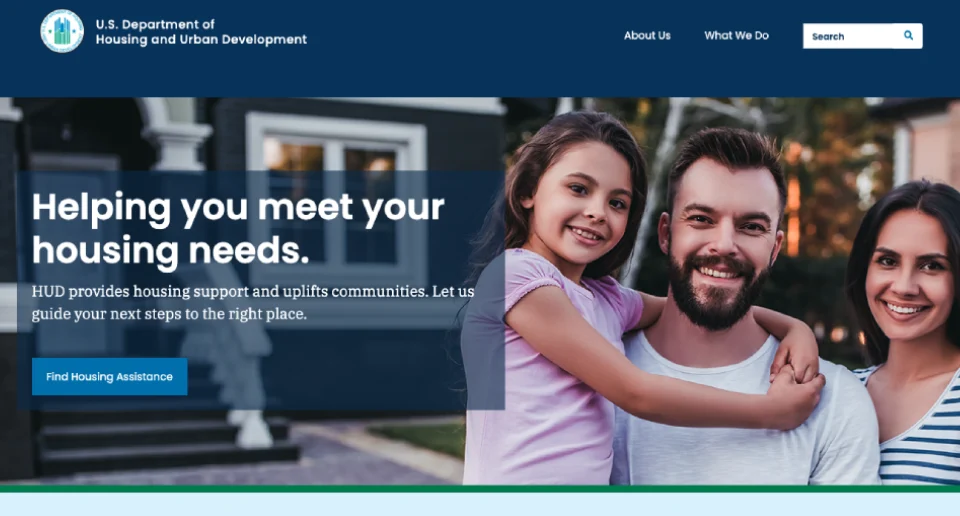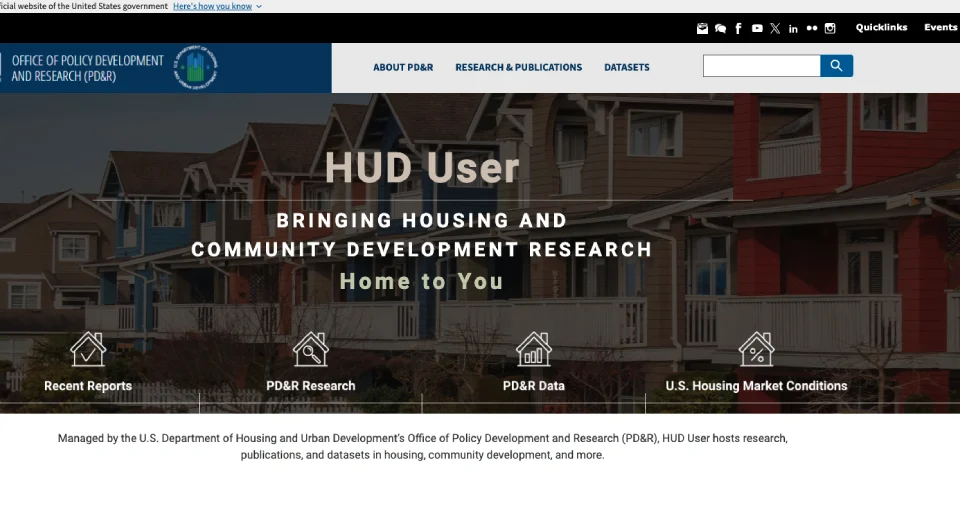Trusted Resource: Federal Trade Commission (FTC)
ReportFraud.FTC.Gov
The Federal Trade Commission (FTC) is the U.S. government agency tasked with protecting consumers from fraud, scams, and deceptive practices. One of the FTC’s most important tools is its Report Fraud platform, available at https://reportfraud.ftc.gov/. This platform enables individuals to report scams, including housing-related fraud, and provides resources to help victims.
If you’ve been targeted by a scam or suspect fraudulent activity, the FTC’s Report Fraud site is a trusted and reliable resource to take action.
What Is the FTC’s Report Fraud Platform?
The FTC’s Report Fraud platform is an online reporting tool that allows individuals to file complaints about a wide range of fraudulent activities. It is part of the FTC’s mission to track, investigate, and prevent scams that harm consumers.
Key services provided by the platform include:
- Reporting various types of fraud, including housing-related scams.
- Educating the public about common fraud tactics.
- Sharing complaint data with law enforcement agencies to combat fraud nationwide.
The platform is free to use and accessible to anyone in the U.S.
What Can You Report to the FTC?
The FTC’s Report Fraud platform covers a wide range of scams and fraudulent practices. For housing-related fraud, it is especially helpful in the following areas:
1. Rental Scams
Rental scams are among the most common housing-related frauds. These include:
- Fake rental listings asking for deposits on properties that don’t exist or aren’t available.
- Scammers pretending to be landlords or property managers.
- Requests for personal information (e.g., Social Security numbers) under false pretenses.
By reporting these scams, you help the FTC track fraudulent activity and warn others.
2. Mortgage and Foreclosure Scams
Homeowners are often targeted by scammers offering fake solutions to financial difficulties, such as:
- “Foreclosure rescue” services requiring upfront payments.
- Fake mortgage modification services promising to reduce payments.
- Predatory lending practices designed to exploit vulnerable homeowners.
The FTC works to shut down these fraudulent operations and hold perpetrators accountable.
3. Real Estate Investment Scams
Real estate scams target individuals looking to invest in property, often through:
- Fake investment opportunities promising high returns.
- Deceptive contracts or undisclosed fees.
- Fraudulent property flipping schemes.
These scams can cause significant financial harm, making it critical to report them.
4. Identity Theft Related to Housing
Scammers often use fake housing opportunities to steal personal information. Common tactics include:
- Fake rental applications asking for sensitive details.
- Phishing emails pretending to be from housing agencies.
- Identity theft tied to stolen housing documents.
If you suspect your information has been compromised, filing a report is the first step toward protecting yourself.
How Does Reporting Fraud Help?
Reporting scams to the FTC is essential for both personal protection and broader consumer safety. Here’s how your report makes a difference:
- Protect Yourself: Filing a report creates a record of the fraud, which can be helpful if you need to resolve financial issues or recover stolen funds.
- Help Others: Scam reports contribute to the FTC’s public fraud database, which helps warn others about ongoing scams.
- Support Investigations: The FTC shares fraud data with law enforcement agencies across the U.S. and internationally to take action against scammers.
- Raise Awareness: By reporting scams, you help the FTC track trends and develop educational resources to prevent future fraud.
Your report may not result in immediate action for your specific case, but it plays a vital role in stopping fraudulent activities.
How to Use the FTC’s Report Fraud Platform
The FTC’s Report Fraud site is designed to be simple and user-friendly. Here’s a step-by-step guide:
- Visit the Website: Go to https://reportfraud.ftc.gov/.
- Choose the Type of Fraud: Select the category that best describes the scam (e.g., housing fraud, identity theft, etc.).
- Provide Details: Fill out the form with information about the scam, including:
- Name of the person or company involved.
- Date and description of the incident.
- Any supporting documents or evidence (e.g., emails, screenshots).
- Submit the Report: Once you’ve provided the necessary information, submit your report.
You’ll receive a confirmation, and your report will be added to the FTC’s database.
Why Trust the FTC?
The Federal Trade Commission is one of the most trusted government agencies when it comes to consumer protection. Here are a few reasons why the FTC is a reliable resource:
- Government-Backed: The FTC is a federal agency, ensuring unbiased and accurate information.
- Free to Use: The Report Fraud platform is completely free, with no hidden costs or fees.
- Collaborative Efforts: The FTC works closely with law enforcement and other agencies to combat fraud on a large scale.
- Educational Focus: The FTC provides tools and resources to help consumers stay informed and avoid scams.
When you report fraud through the FTC, your information is handled confidentially and used to protect others.
How the FTC Combats Fraud
The FTC doesn’t just collect reports—it actively works to prevent and prosecute fraudulent activities. Here’s how:
- Tracking Fraud Trends: By analyzing complaint data, the FTC identifies new fraud tactics and trends.
- Educating the Public: The agency creates guides, alerts, and webinars to raise awareness about scams.
- Enforcing the Law: The FTC takes legal action against individuals and companies engaging in deceptive practices.
- Partnering with Other Agencies: The FTC collaborates with local, state, and international organizations to tackle fraud globally.
The Report Fraud platform is an essential part of this strategy, empowering individuals to take action.
Common Housing Scams to Watch Out For
Housing-related fraud takes many forms. Here are some of the most common scams to be aware of:
- Fake Listings: Scammers post fake rental ads to collect deposits or personal information.
- Foreclosure Fraud: Companies promise to stop foreclosure but charge high fees without delivering results.
- Phishing Scams: Emails or messages pretending to be from landlords or housing agencies to steal sensitive information.
- Overpayment Scams: Fake renters send checks for more than the asking amount, then ask for a refund before the check bounces.
Being informed is your first line of defense against these scams.
Final Thoughts
The FTC’s Report Fraud platform is an invaluable resource for anyone who has been targeted by scams, including housing-related fraud. By filing a report, you not only protect yourself but also help the FTC combat fraudulent activities on a larger scale.
If you’ve experienced a scam or suspect fraudulent activity, visit https://reportfraud.ftc.gov/ today to file a report. The process is simple, free, and confidential.
Scammers thrive on silence and confusion. By using tools like the FTC’s Report Fraud platform, you can take a stand against fraud and protect others in the process. Empower yourself with knowledge and action to stay safe in an increasingly complex world.






